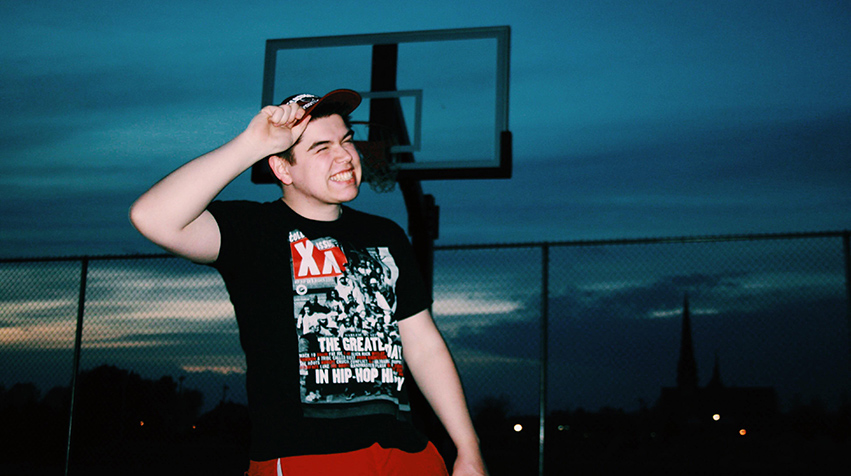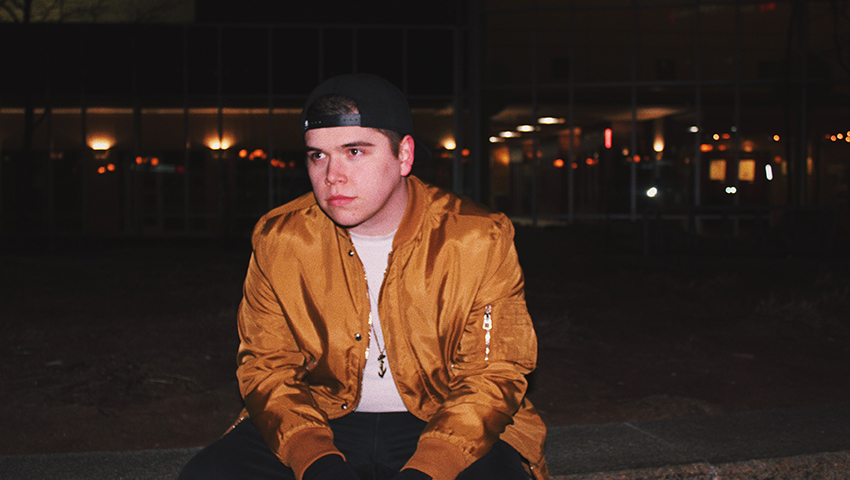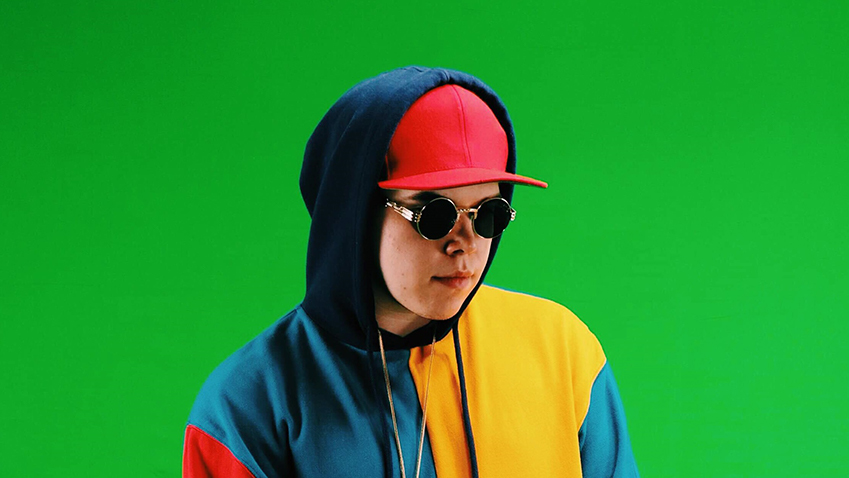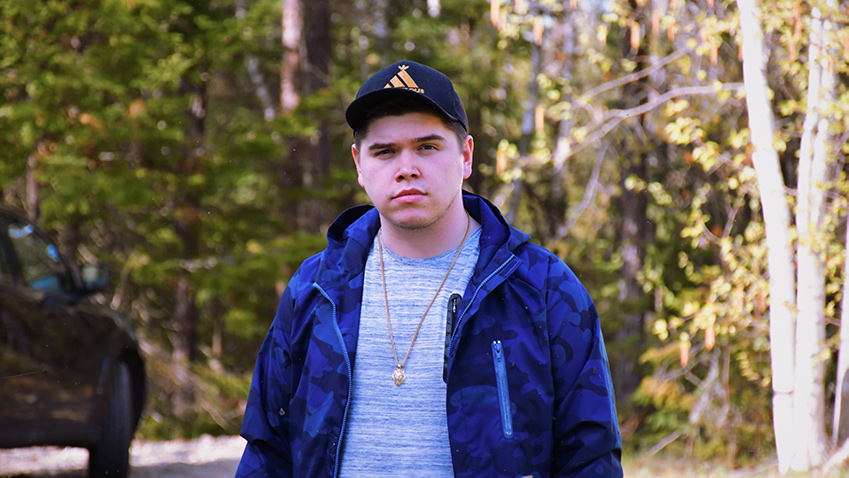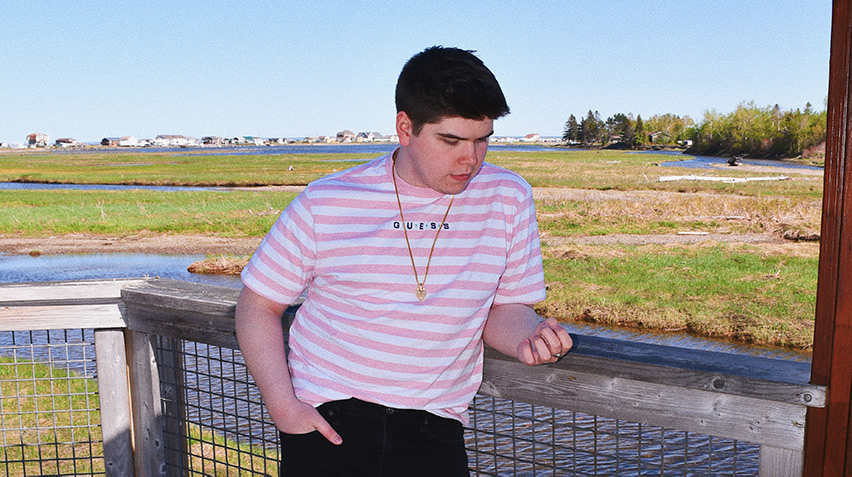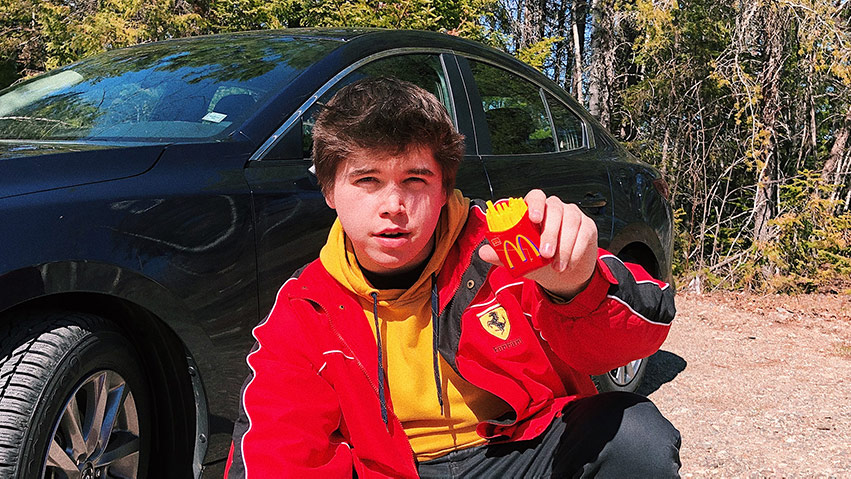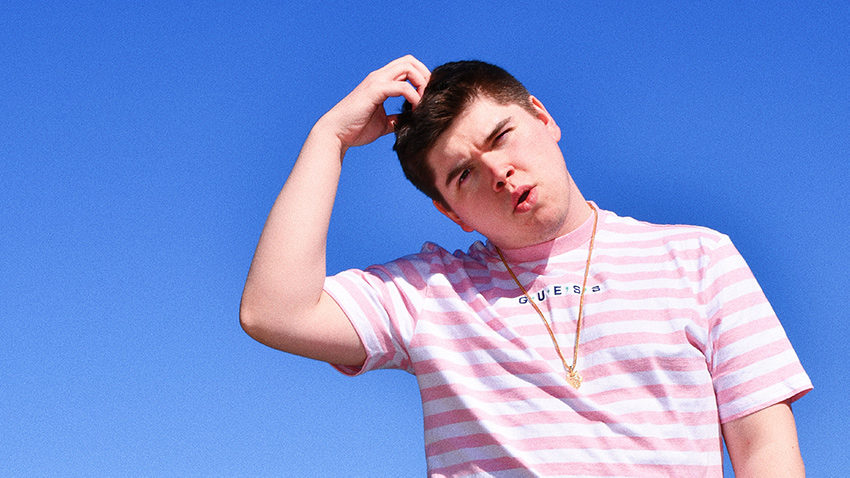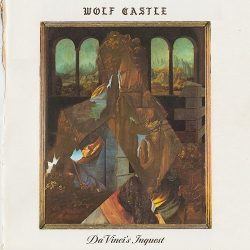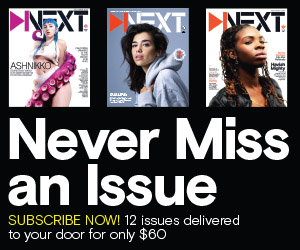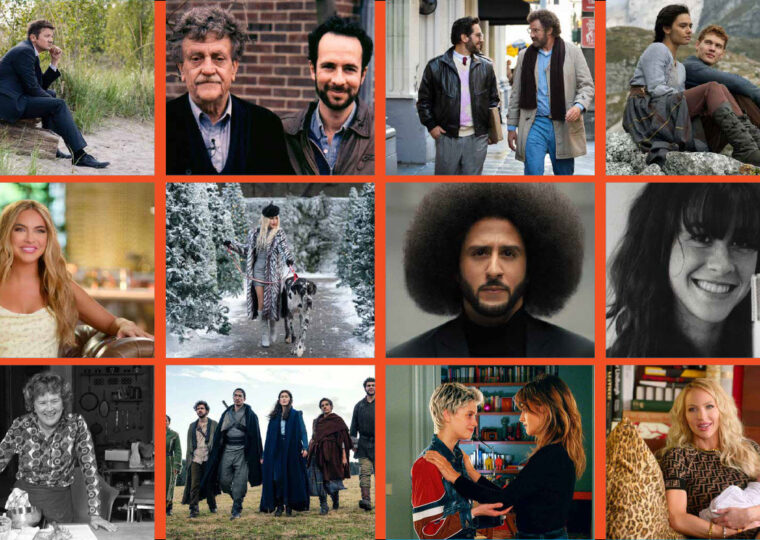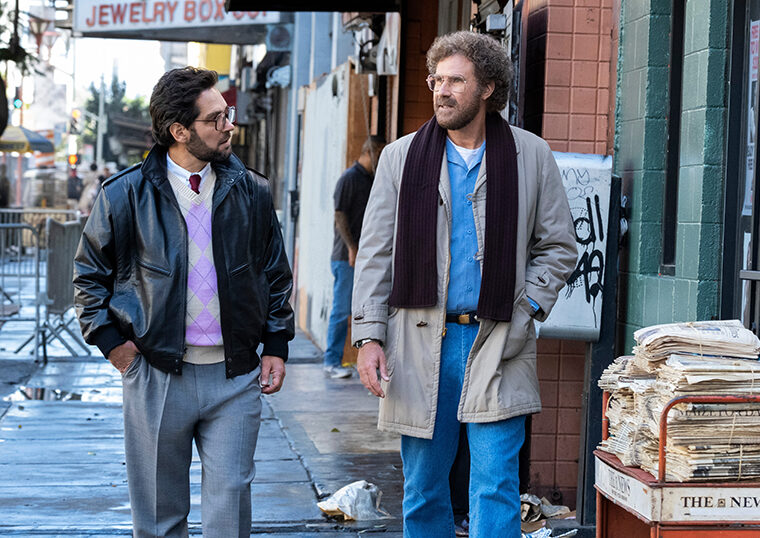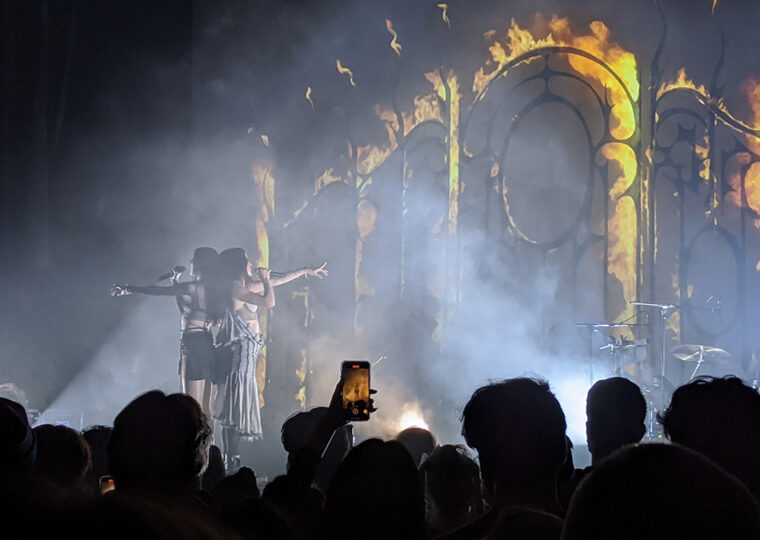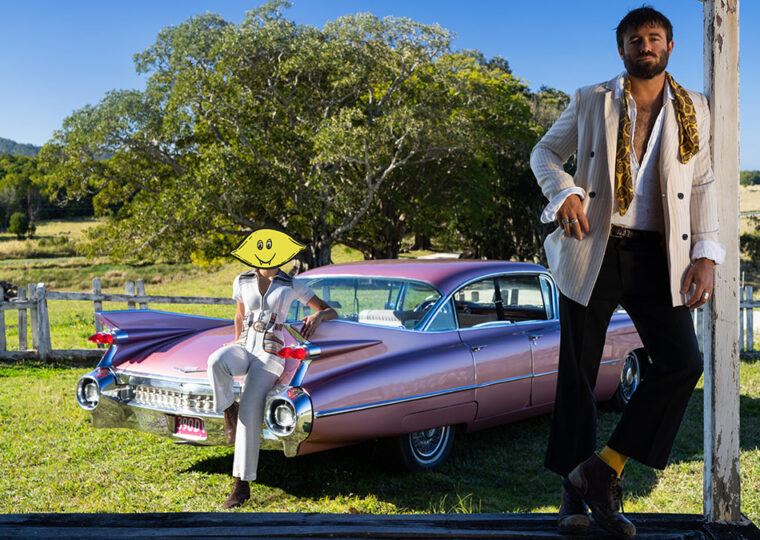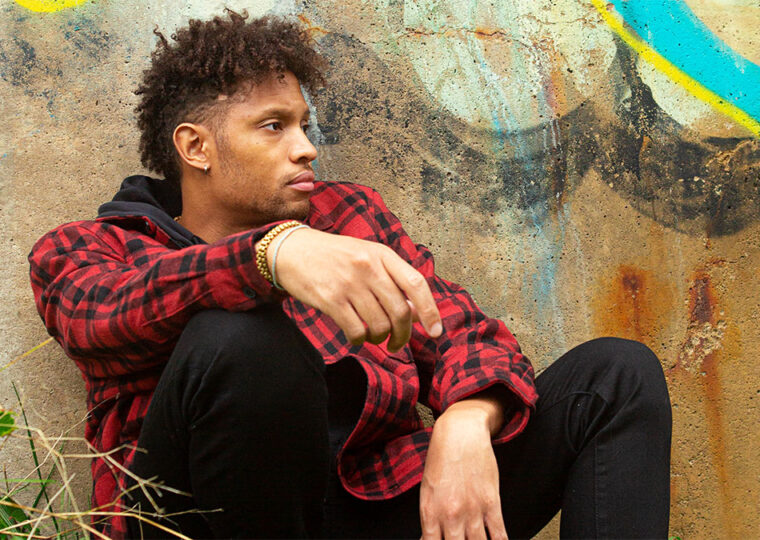Wolf Castle Leads a Fresh Wave of Indigenous Hip Hop Voices
Melodic and meaningful Mi’kmaq rapper Wolf Castle leads a fresh wave of Indigenous hip hop voices.
Melodic and meaningful, Wolf Castle—the stage name for New Brunswick-based Mi’kmaq rapper Tristan Grant—is part of a fresh wave of Indigenous hip hop acts who have updated Rez rap from a distinctly ’90s influence. Grant comes from a family of performers, his stage debut—at age six—was at his rapper uncle’s gig and his mom, a rapper herself, was his uncle’s hype man.
Now Grant, 24, is ready for his own breakthrough with a dynamic new EP, his third, that blends modern, melodic hip hop with an upbeat and hopeful vibe that shimmers through much of this promising release.
Music is the Family Business
My family are all engaged in the arts, it was a family thing. My uncle was a rapper, Red Suga, and my mother was a rapper, Mo3. She put out an album in 2008 and she was my uncle’s hype man—she was also a film director for the National Film Board.
First Time in Toronto
My uncle got a grant to play the Indigenous Music Festival, SkyDome, 2003. He got a tour bus and he brought all of us, my whole family: my aunts, my grandparents, all my cousins and my siblings. He made a big deal of it.
I was six, it was the first time I’d ever went to Toronto. Coming from a reserve—even Bathurst (N.B.) is a small town—Toronto is this unbelievable metropolis for a six-year-old.
It was like my first impression of the world: “Oh, this is what life is like, this is where I want to go.”
For me, it was like a family outing and we’re all involved. You’re going to come with us to Toronto, you’re going to get in the limo, you’re going to be on stage with everybody, you’re going to do all that too because we’re all part of this. My siblings and I were b-kids, we were b-boys and we did breakdancing on the SkyDome stage.
It was pretty different. That probably influenced me to go that way, right?
Indigenous Identity
I try not to hammer it over people’s heads too much. I got great wisdom from my mom; she said, “Whether or not you’re talking about issues on the Rez or partying all night, you are Indigenous because you live and breathe it. It doesn’t matter how you approach because it’s always going to be genuine because that’s who you are.”
So, I don’t necessarily have to prove that.
The way I live my life and experience life is through that lens and if I’m making music with my drum machine or writing lyrics, that’s all coming from the Indigenous perspective even if I don’t say it.
Why Isn’t Your Music Angrier?
My anger, I try to make it into success and that’s my fuel to keep going.
I’m in this oppressed group, I have to deal with this racism and bullshit all the time, and generational trauma—so, to spite that, I’m going to be successful. I’m going to be happy; I’m going to be positive. It’s like, fuck that, I’m not going to get caught up in the negativity.
Positivity
I always try to take the positive spin on things. I accept that life is hard and that is why I want to live a life. I don’t want it to all be positive because I wouldn’t learn anything. I like being challenged so I just kind of take it all, and that informs how I want to be going forward.
I want to be a positive role model for other Indigenous people—that’s the lane I’m choosing to do this in. I want to be the bright light in a sea of darkness.
Listening To—Then
Tupac, Kanye, Notorious B.I.G., Cypress Hill. Also, my mom is a teenager of the ’80s, so she loves new wave. I grew up listening to that stuff too, hard core. Anything that would have been played on Miami Vice.
Listening To—Now
Young Thug, Lil Naz X; lots of K-pop, including IU. And randomly, Margaritaville.
Watching
I Think You Should Leave (Netflix)—surreal comedy.
Reply 1988 (Netflix)—A K-drama about kids growing up in ’80s Seoul.
Wolf’s Pack
Tristan Grant picks 6 Indigenous rappers you should check out.
- Shift from Tha 902
Smooth grooves and sharp rhymes from wekomag First Nation, in Cape Breton - Ethan Peters Beats
Producer who just released essential Mi’kmaq hip hop sampler, Anticipation
- Talon the Rez Kid Wonder
Easy grooves from Wolf Castle collaborator - Flacko Finesse
Raw rap from a 19-year-old Mi’kmaq artist from New Brunswick - Dresus Veteran
Saskatchewan-based rapper delivers rallying cries for resistance - JB the First Lady
Urgent, smooth-grooved hip hop carries a searing message from Moose Jaw rapper
Watch Wolf Castle live at Festival 506
You Might Also Like
Award Winning Song ‘Down’ Lifts Rising R&B Singer Back Up
A JUNO nomination was supposed to kickstart R&B sensation Jhyve’s career — [...]
By Michael Hollett


